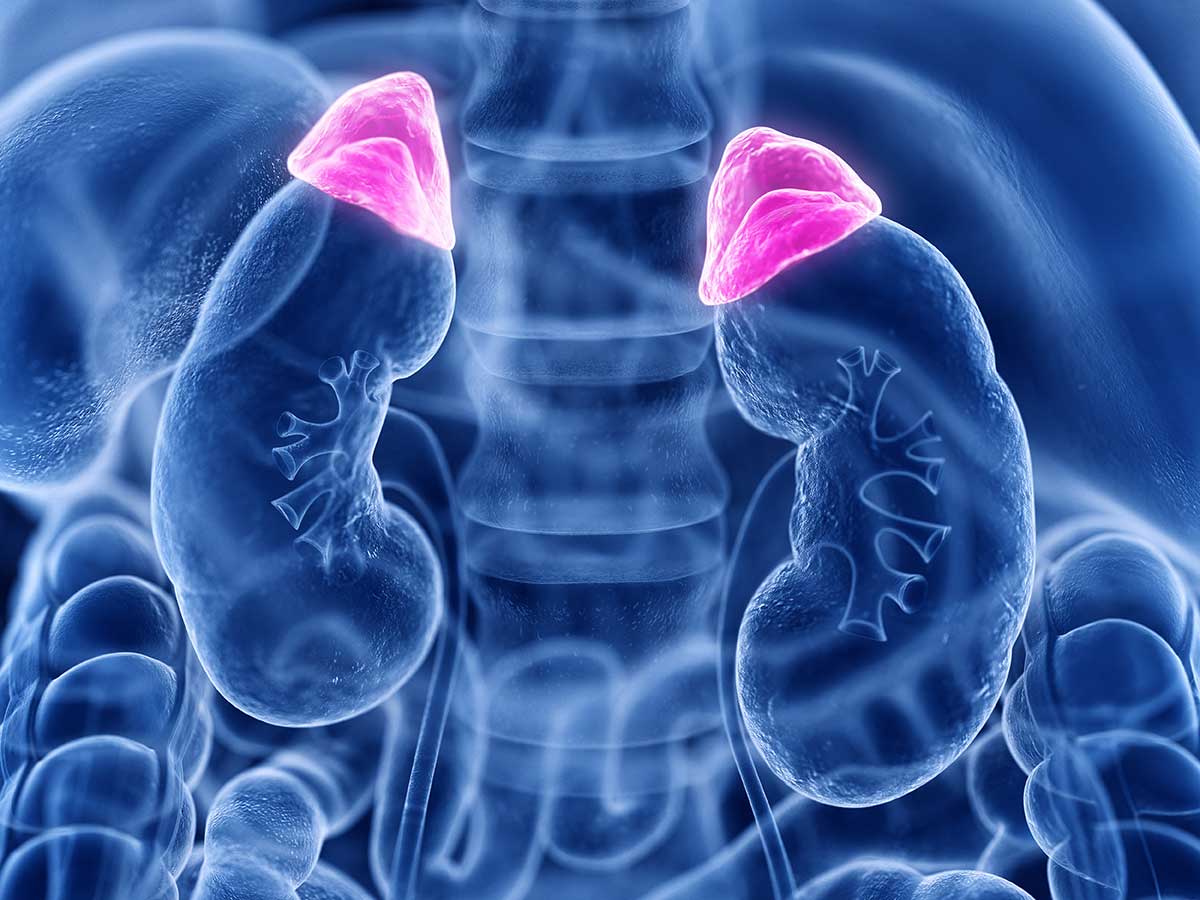Are you stressed and feeling burned out?
We all deal with stress in life. It’s unavoidable, and we are quick to label stress as a “bad” thing. But in reality, stress can also have positive benefits to help us build resiliency and strength, thrive under challenges, and learn and grow as individuals. Stress becomes a problem when we have more than we can handle, our bucket overflows, or it’s present for a prolonged time, leading to a negative impact on our health.
Why you feel “tired and wired”:
When we are exposed to a stressor, there is an initial increase in cortisol and DHEA. This is part of our body’s normal survival mechanism, also called “fight or flight” (or the sympathetic part of your nervous system). While this response is beneficial in the short term when there is a threat to your life, like running from a bear that’s chasing you, we are not designed to sustain this on a regular or ongoing basis. Over time, continual stressors and living every day in “fight or flight” mode can lower your cortisol and DHEA levels making you feel exhausted and irritable or on edge at the same time.
It’s not adrenal fatigue.
Stress shows up in many different forms. It could come from physical, emotional, relational, chemical, inflammatory, dietary, or hidden infection sources. The most important step is identifying your key stressors and finding ways to resolve them to build resiliency. No matter the type of stress, over time it will decrease our adrenal hormone levels of cortisol and DHEA. Some people refer to this as “burnout” or “adrenal fatigue”. These terms are used as a means to simplify our understanding of a complex adaptive process in the body but are not an accurate reflection of the full picture. Our body is wonderfully made and designed with purpose. There is a reason behind the fluctuations and shifts of different hormone levels to help us heal and maintain balance. Our adrenal glands don’t merely get tired and stop working, they are responding to the environment around them.
Do you have HPA axis dysfunction?
Your adrenal glands are controlled by the HPA axis, or hypothalamic pituitary adrenal axis, that sends a signal from the brain to your adrenal glands. How do you know if your adrenal glands are resilient and adapting well to stress, or struggling to keep up with the day-to-day stresses you face? If you wake up feeling tired or unrested in the morning, struggle with energy throughout the day, notice drops in energy between or after meals, find it hard to focus and turn your mind off to relax, or crave salt/sugar mid morning or mid afternoon, you might have HPA axis dysfunction or decreased adrenal resiliency.
Why you feel tired, overweight, depressed and hormonal
The ‘BIG 5’ symptoms you may experience with adrenal dysfunction:
- Weight gain – cortisol causes your body to store fat rather than burn fat and elevates blood sugar. This can lead to sugar cravings, energy crashes, or excess belly fat.
- Fatigue – periods of prolonged stress will deplete cortisol and lower energy levels leading to fatigue and exhaustion, sleep problems, waking up feeling unrested. Even if you’ve gone through a stressful experience or period of higher stress in the past, it can continue to have effects on low cortisol now. The good news is, our body is resilient and can heal and recover with the right support.
- Depression – when cortisol and DHEA are depleted, our mood is affected. We might feel depressed or irritable with unstable cortisol levels fluctuating throughout the day. Sometimes we feel “tired and wired” or exhausted and anxious, have low motivation and drive to do anything, or difficulty focusing.
- Female hormone imbalance – cortisol is made from progesterone. When we are under stress, our body will prioritize cortisol and deplete our progesterone. This can cause increased PMS symptoms, sugar cravings, mood swings, or irritability. Low DHEA can contribute to lower estrogen leading to more intense menopausal symptoms like hot flashes, night sweats, memory problems, and mood swings. The more stressed the adrenals are, the harder it is to have balanced hormones and the worse we feel.
- GI problems – immune cells in our gut are regulated by cortisol making us more prone to bloating, heartburn or ulcers, constipation, diarrhea, and inflammation. Chronic inflammation damages the lining of the gut, compromising our barrier of protection from the outside world. This increases our risk of developing food sensitivities, picking up a pathogen or gut infection (often hidden and unknown), or not absorbing nutrients that fuel our cells for health.
The progression looks something like this:
Elevated cortisol >> blood sugar imbalance >> insulin elevation/resistance >> increased fat storage >> increased toxin load/hormone disruption >> immune dysregulation and inflammation >> chronic disease onset.
What’s the good news? How to restore your adrenal function and improve your stress!
There are many things within our control that will positively impact our adrenal function through lifestyle change, stress perception, and proper nutrient support. Here are few things you can do now to have a healthier stress response:
- Deep breathing. Stimulate the calming part of your nervous system (parasympathetic or “rest and digest” system). Take 5-10 slow deep breaths in through your nose and out through your mouth. You should exhale longer than you inhale. Try breathing in for 4 seconds and out for 8 seconds, or whatever is a comfortable starting point for you.
- Move your body. Going for a 10-15 minute walk break in the middle of your day, especially if you are feeling tired, can boost your energy while restoring adrenal function. If you are indoors, stretch, walk a hallway, take the stairs, do some squats, anything that moves your tissues. Avoid strenuous exercise if you are in a state of severe exhaustion, you could make it worse.
- Fuel your adrenals. Vitamin C and minerals are vital to adrenal health and recovery. About 90% of the vitamin C in your body is stored in your adrenal glands. Whole food sources include oranges, lemons, bell peppers, kiwi, strawberries, broccoli, parsley. Consuming an “adrenal cocktail” mid morning or mid afternoon helps fuel your adrenals to deal with daily stress. Make your own by mixing ½ cup orange juice, ¼ tsp cream of tartar, and ¼ tsp of mineral salt (pink himalayan, celtic gray salt or Redmond Real Salt).
- Connect with people. Who do you love spending time with? The people that encourage you, listen and support you, share common interests/passions should be high on your priority list. Look at your calendar and make an “appointment” with them so you have time carved out and dedicated to connection. Important things in life should be on your calendar.
- Laugh. Laughter is good medicine. It decreases stress, increases endorphins and oxygen in your body, calms the nervous system, relieves muscle tension, lowers blood pressure and increases circulation. It also releases oxytocin, another hormone that counteracts cortisol!
If you feel like you don’t know where to start, or you have been doing everything you can but are still struggling, you might need further testing for a more targeted approach to rebalancing cortisol and DHEA. A salivary adrenal test can identify abnormal levels or rhythms throughout the day and guide a treatment plan specific for your needs. We love to develop customized plans to help you reach your health goals and feel your best.
Identifying your underlying triggers is vitally important to your healing. Putting together the lifestyle, nutrition, mindset, and supplement support helps rebuild and restore your adrenal glands so when you face the next challenge it makes you stronger!




